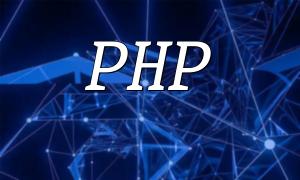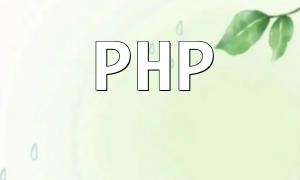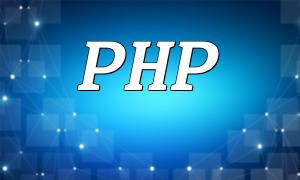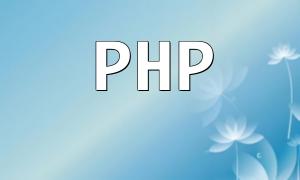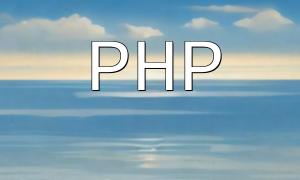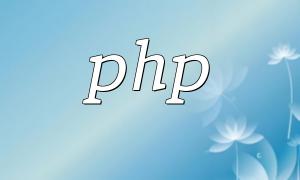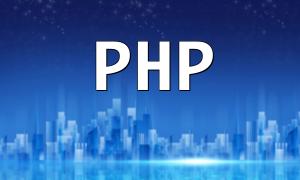PHP (Hypertext Preprocessor) is a server-side scripting language commonly used to create dynamic web pages. With PHP, websites can generate not only static content but also enhance interactivity and functionality. This article will introduce various PHP features implemented in HTML, including form data handling, dynamic content generation, session management, and more.
PHP can collect user input through HTML forms and send the data to the server using POST or GET methods. Once received, PHP scripts can process the data, such as validating the input, storing it, or generating a response based on the conditions. Here is an example of a simple form handling code:
<form action="process.php" method="POST"> <input type="text" name="username"> <input type="submit" value="Submit"> </form>
PHP can generate dynamic HTML content based on user input or database queries. Using PHP's echo or printf functions, you can dynamically output HTML code. This is crucial for creating personalized pages or updating content in real-time. PHP also supports template engines, making dynamic content generation easier and more efficient.
PHP starts a session using the session_start() function, allowing the server to store and retrieve user data across multiple page visits. This makes it possible to offer personalized experiences for each user, such as keeping track of login information or shopping cart data.
PHP connects to databases using MySQLi or PDO extensions, executing queries and managing data. This is essential for dynamic websites that require data storage and management. PHP handles data insertion, updates, and deletion efficiently.
PHP supports file upload and download functionalities, allowing users to upload files to or download files from the server. The $_FILES superglobal array makes file uploads easy to implement.
In addition to the features mentioned above, PHP supports several other advanced features, including:
These features make PHP a powerful tool for developing dynamic websites.
PHP's application in HTML is extensive, greatly enhancing a website's interactivity and functionality. From form data handling to dynamic content generation and database interaction, PHP provides web developers with a rich set of tools and methods to create smarter, more personalized websites.
Related Tags:
html
